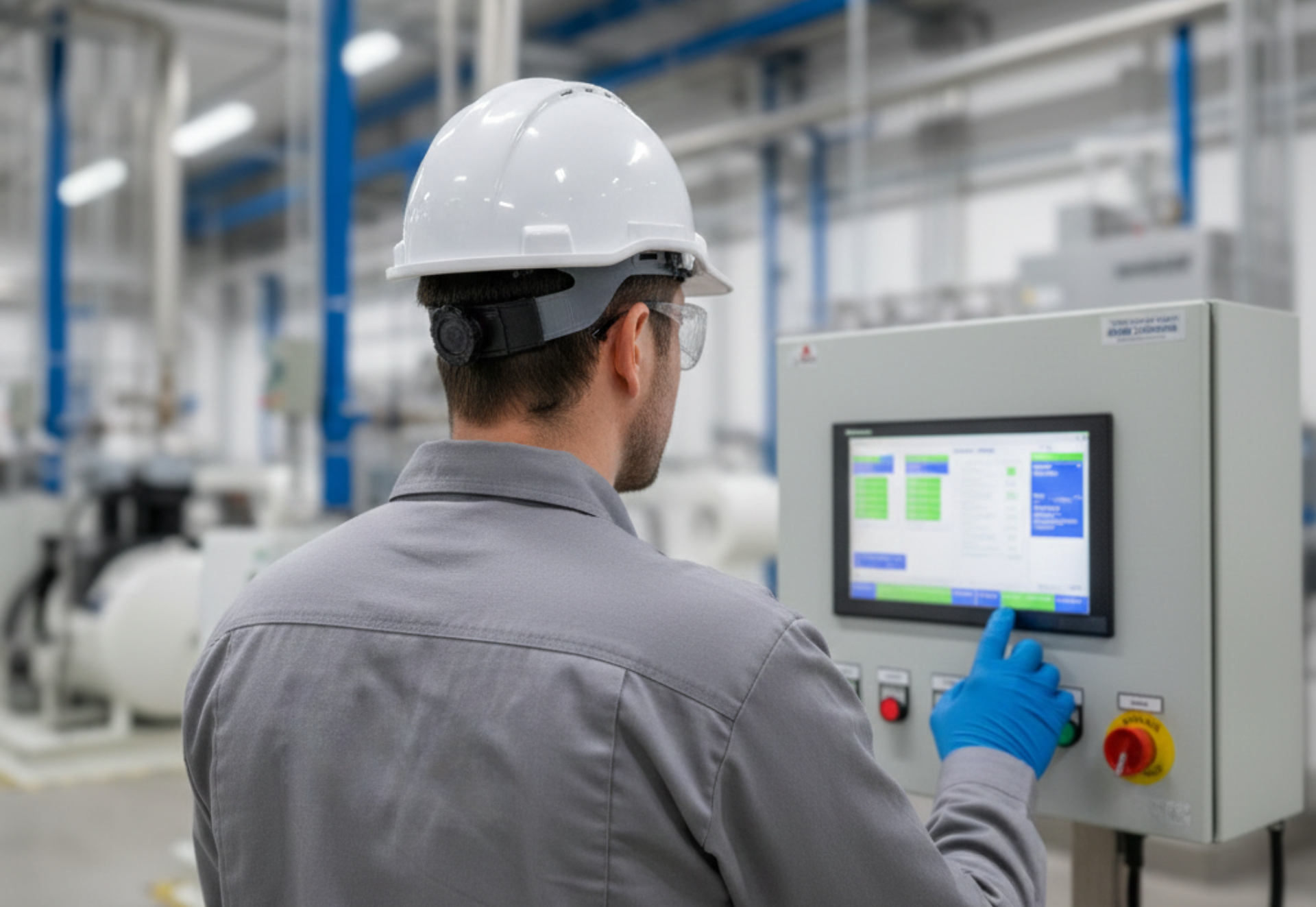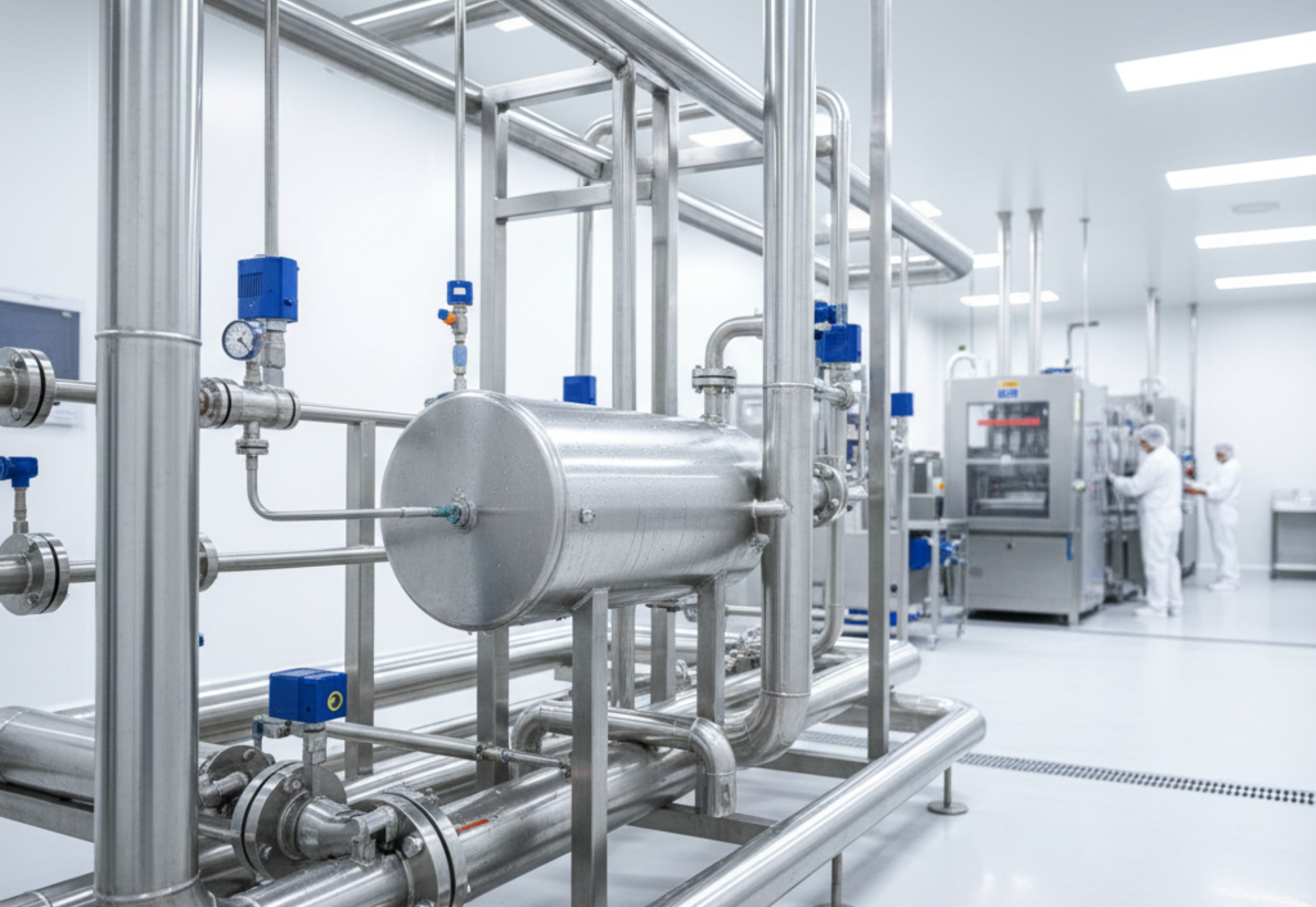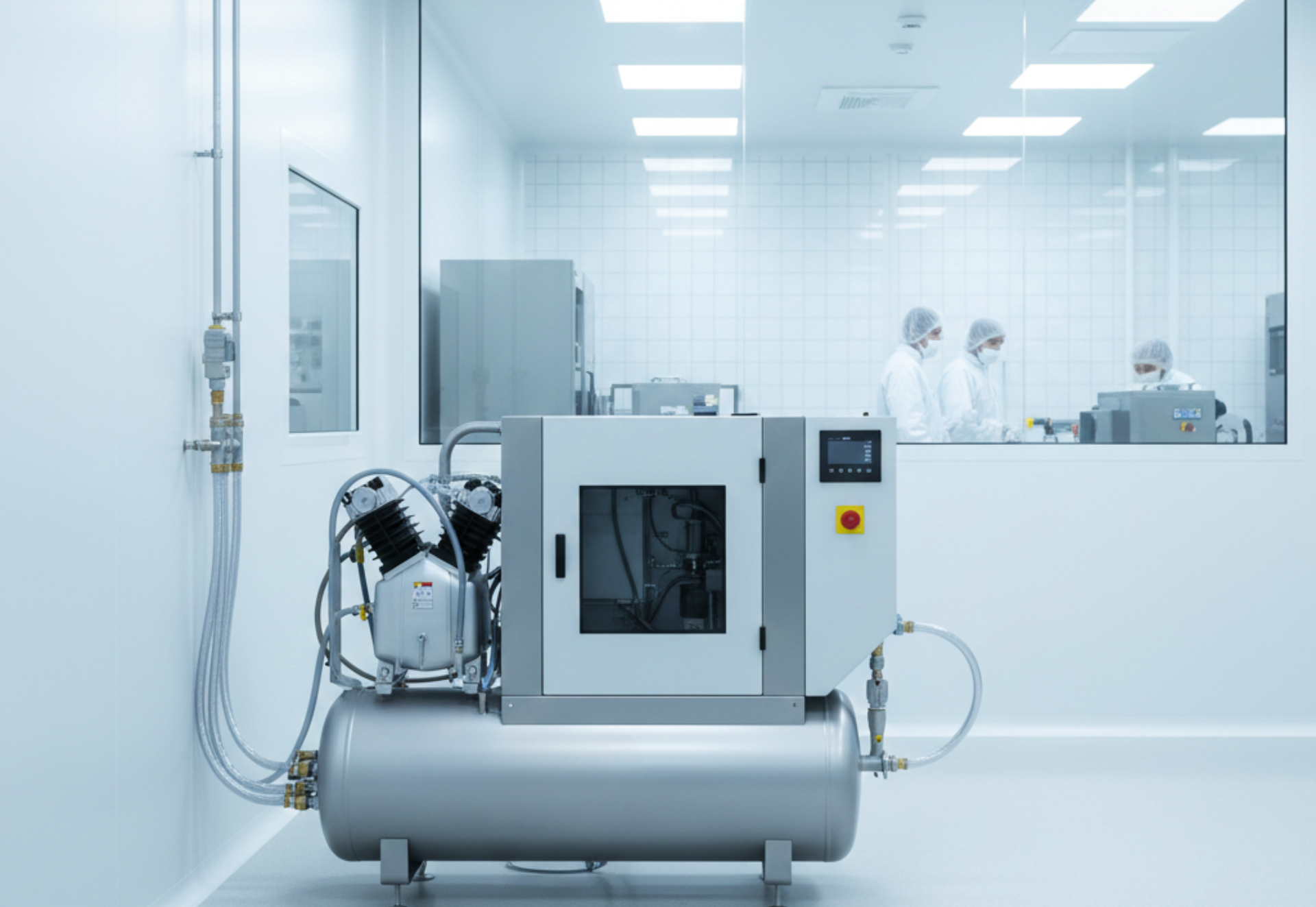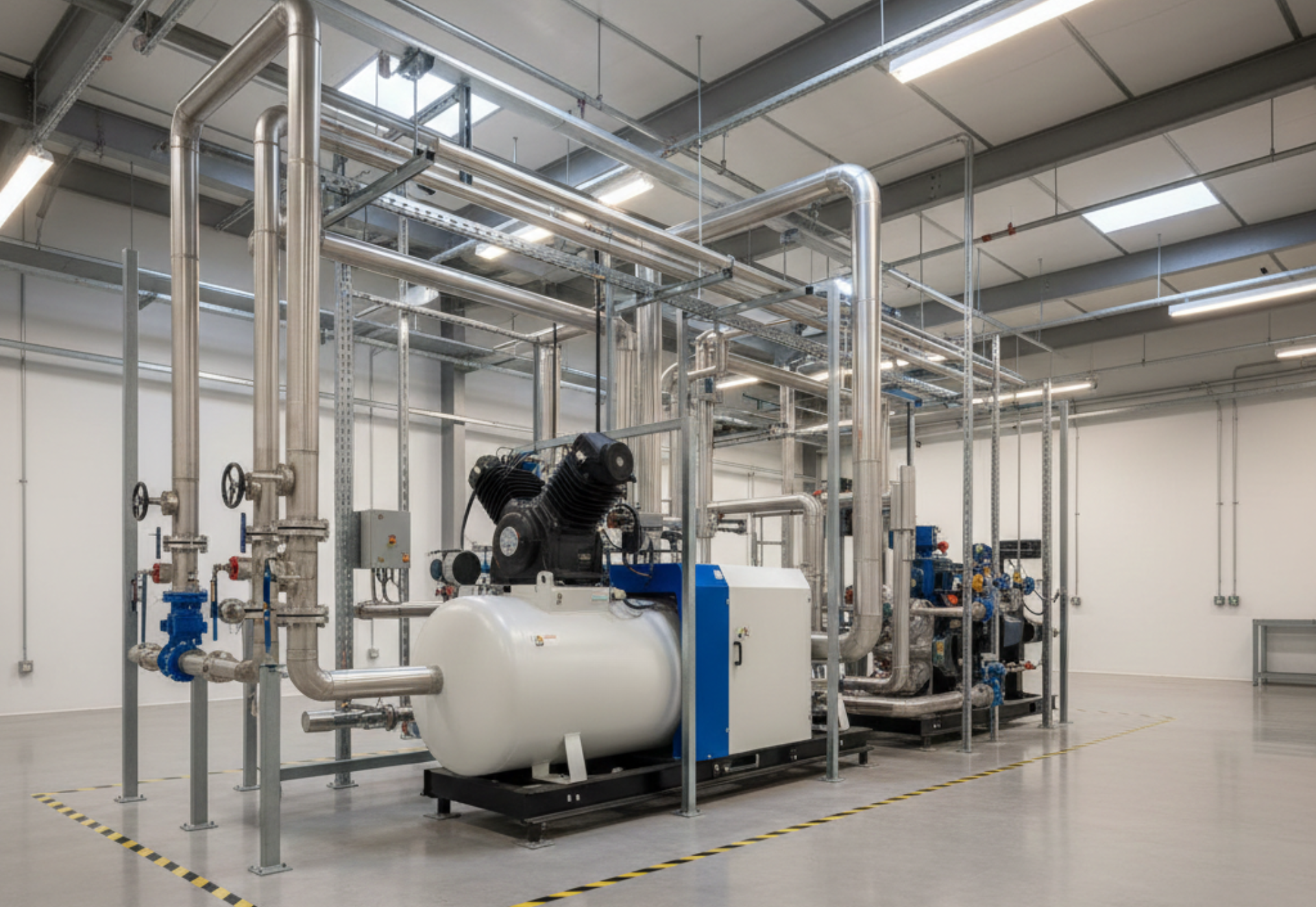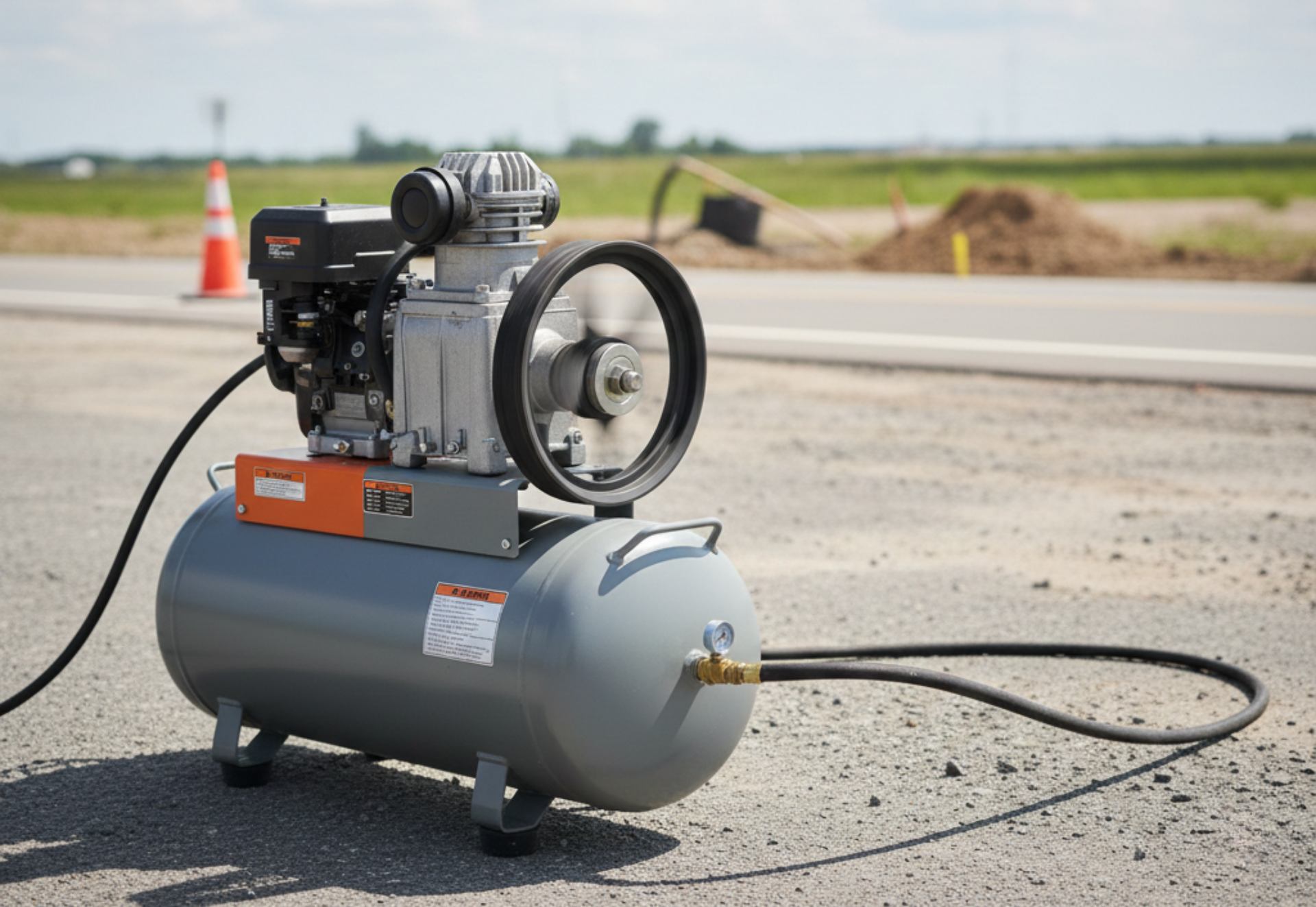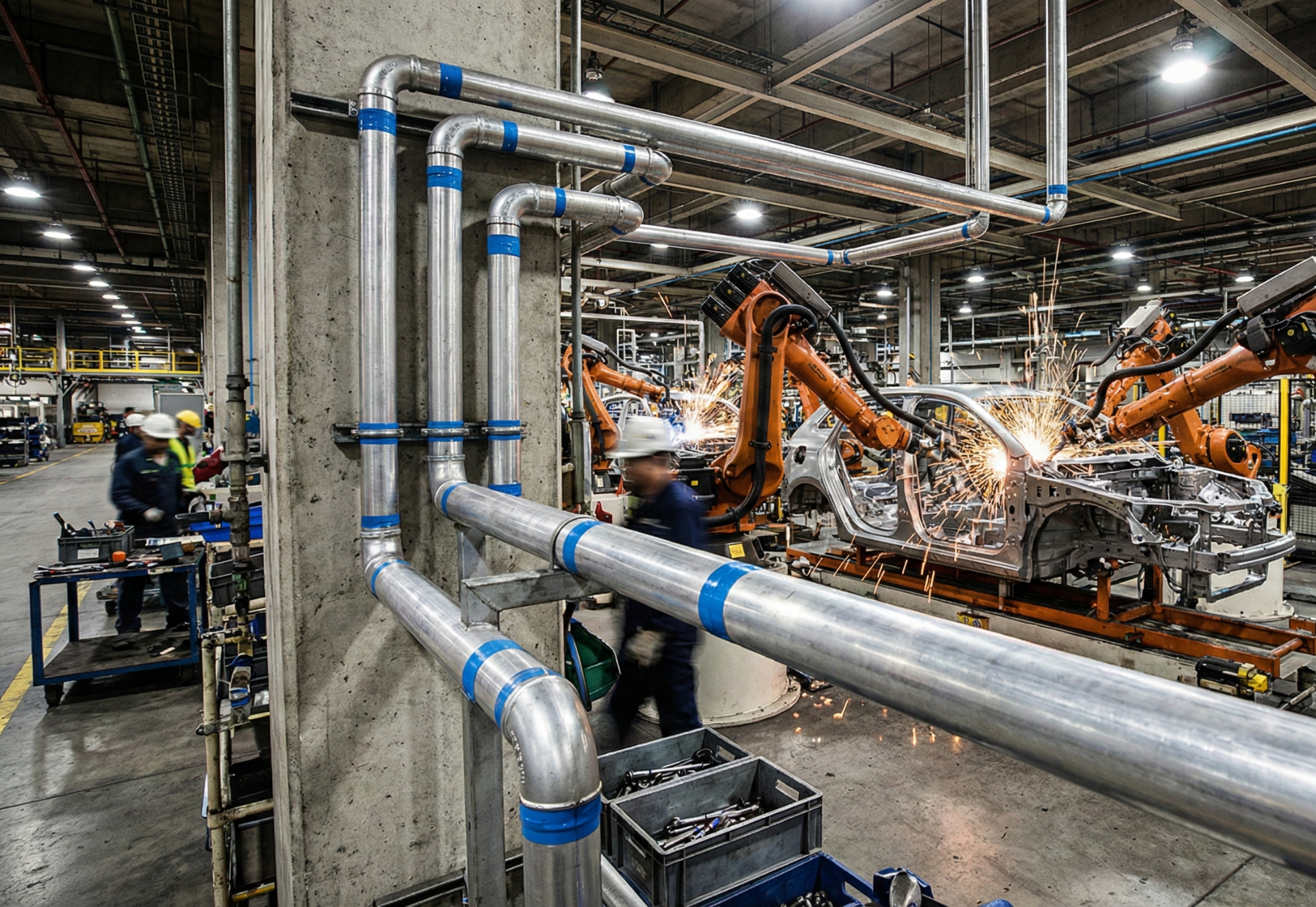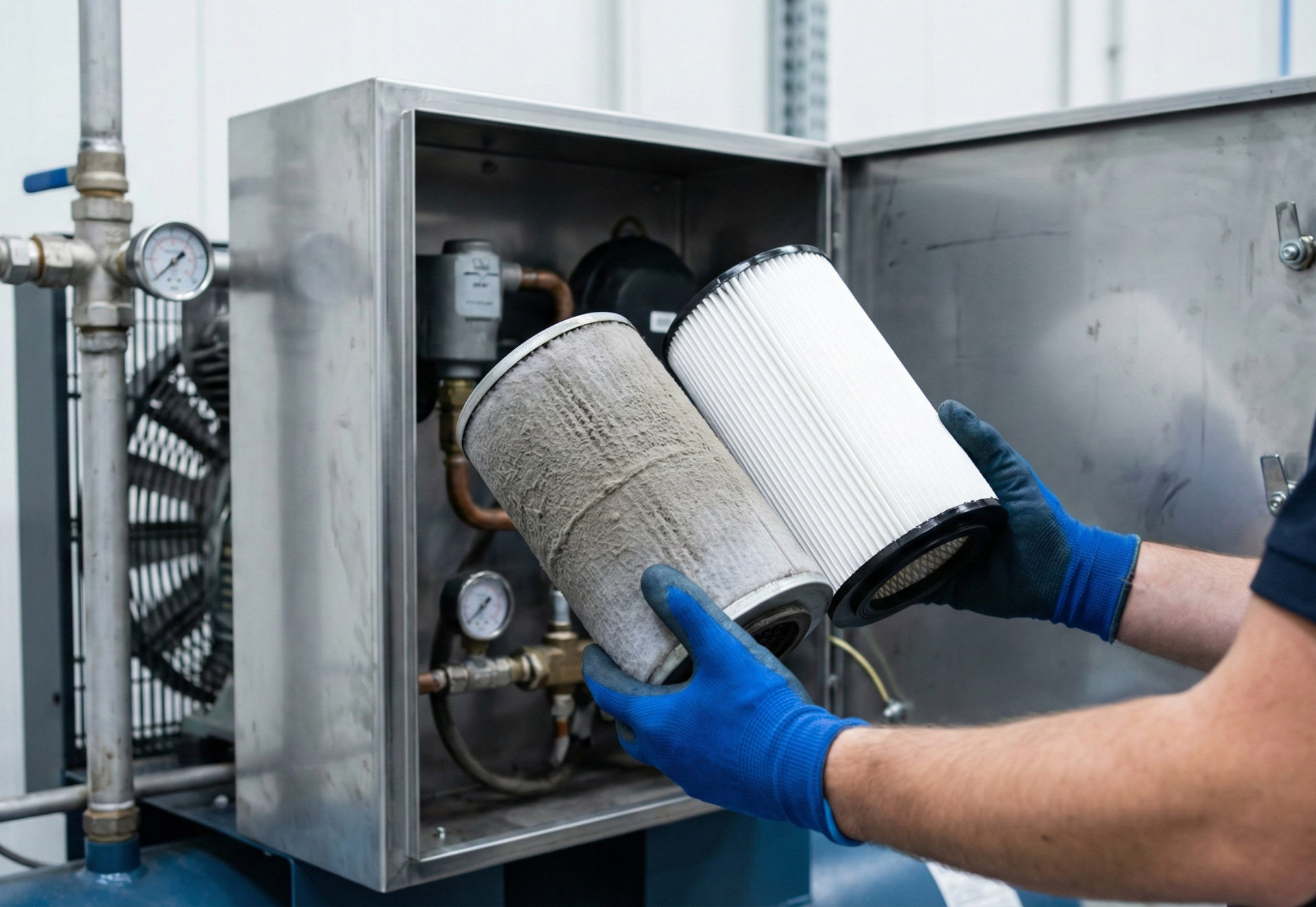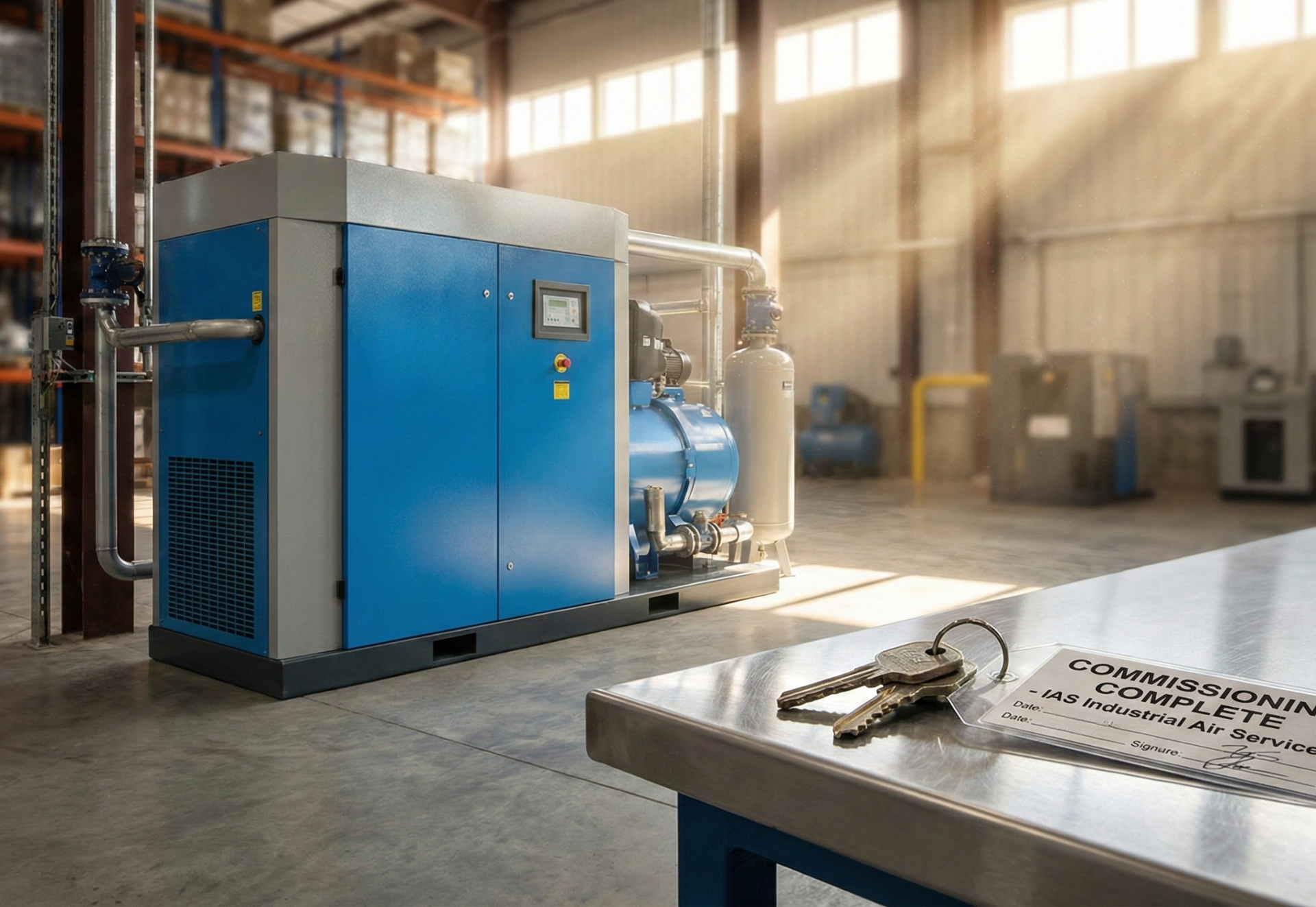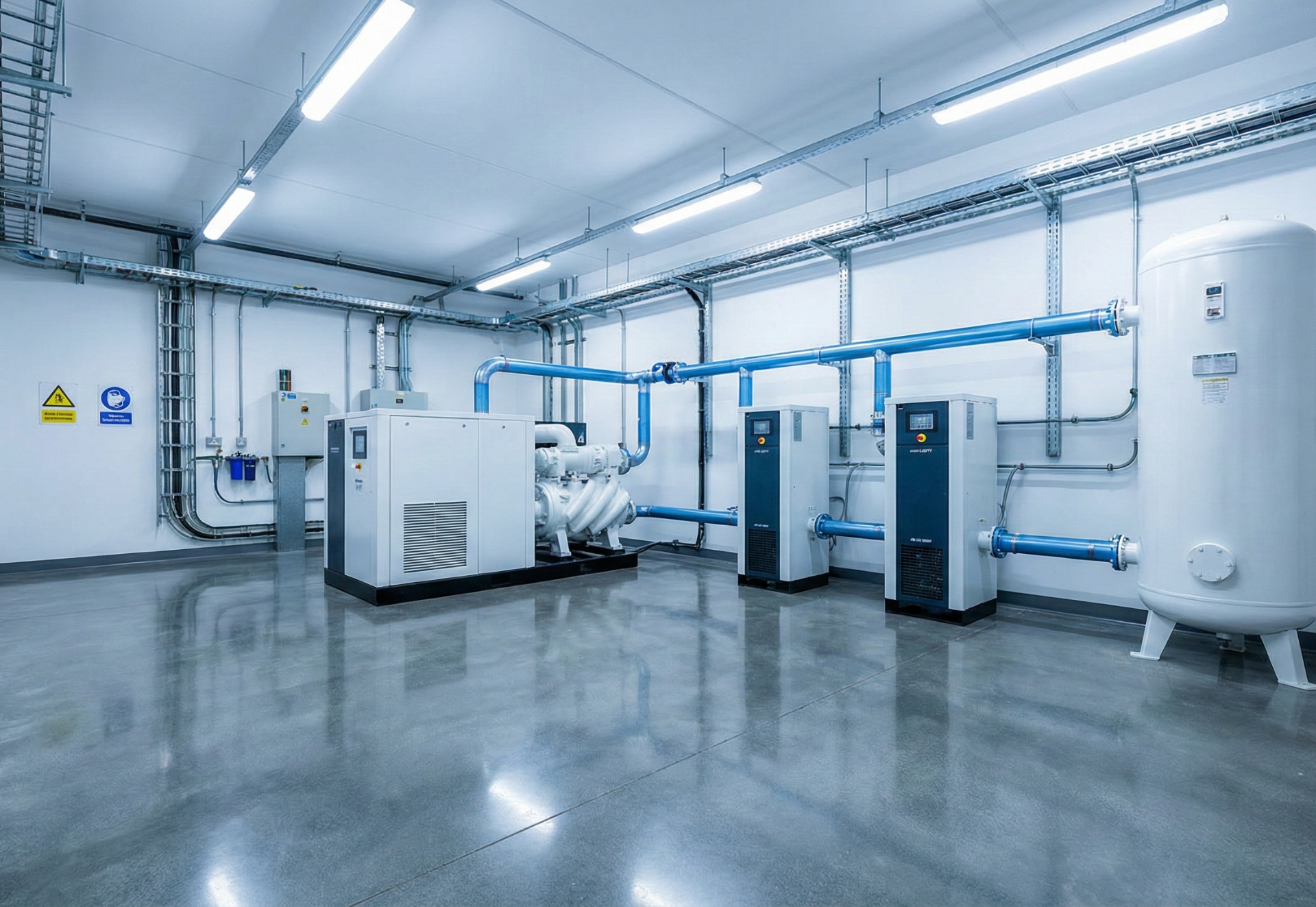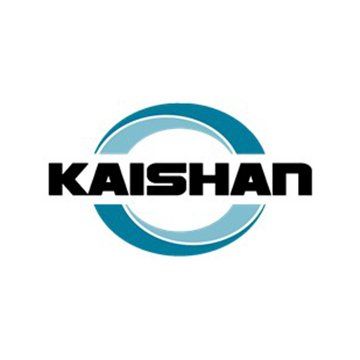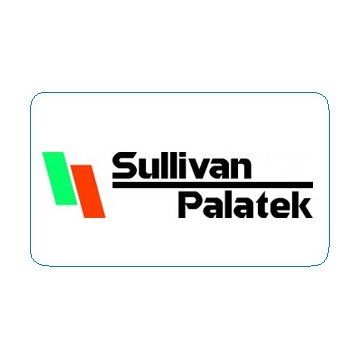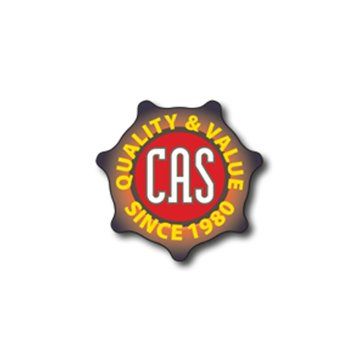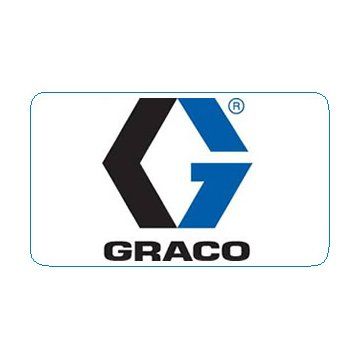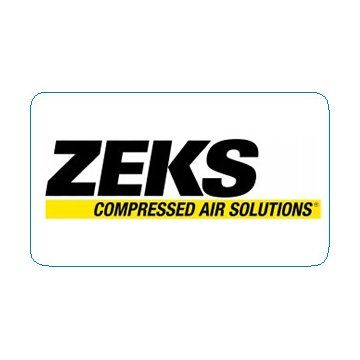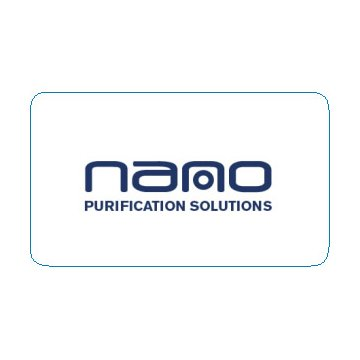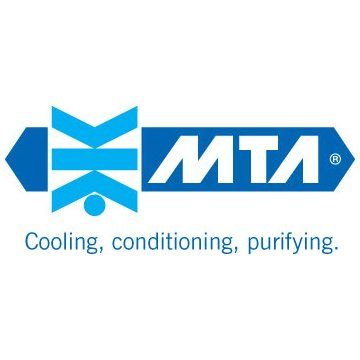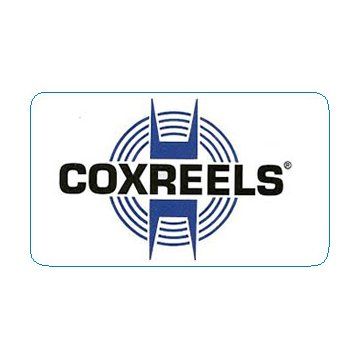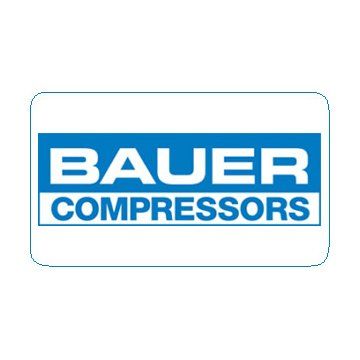Top Maintenance Tips to Extend Your Air Compressor’s Life
Your air compressor is undeniably the heartbeat of your operation; a critical component powering essential tools, intricate automation systems, and entire production lines every single day. Its reliable performance is paramount to maintaining efficiency and productivity. However, like any hardworking and complex piece of machinery, it demands consistent and meticulous care to perform at its absolute best and to ensure its longevity.
Neglecting regular maintenance doesn't just introduce the immediate risk of costly downtime, which can bring your entire operation to a grinding halt. More critically, it dramatically shortens your equipment’s overall lifespan and inevitably drives up energy costs as the compressor works harder to compensate for inefficiencies. At
Industrial Air Systems Texas (IAS), we possess extensive experience and have witnessed firsthand how routine preventive care can profoundly impact your investment. Our data consistently shows that a well-executed maintenance program can extend compressor life by an impressive
30–40%. This significant extension directly translates into substantial savings and helps countless Texas manufacturers and workshops run more efficiently, reducing their total cost of ownership over time.
In this comprehensive guide, we will delve into expert air compressor maintenance tips that are not just theoretical suggestions, but practical, actionable strategies designed to keep your system running smoothly, reliably, and efficiently for many years to come. By implementing these practices, you can safeguard your investment, minimize operational disruptions, and ensure your air compressor continues to power your success.
Why Air Compressor Maintenance Matters
Regular and diligent maintenance of your air compressor is not merely a recommendation; it's a critical investment that significantly impacts your operational efficiency, energy consumption, and the longevity of your equipment. A compressor that is neglected and poorly maintained can lead to a cascade of negative consequences, including a substantial increase in energy consumption of up to 15% more energy than a well-maintained unit. This translates directly to higher operating costs and a larger carbon footprint. Furthermore, an unkempt compressor often experiences a loss of pressure consistency, which can disrupt delicate processes and compromise the quality of work that relies on a steady air supply. The lack of proper care also invariably leads to premature wear and tear on vital components, necessitating more frequent and costly repairs or even premature replacement of the entire unit.
Conversely, embracing a proactive and thorough maintenance regimen offers a multitude of tangible benefits that directly contribute to a more efficient, reliable, and cost-effective operation. Proper maintenance helps you:
- Reduce downtime and repair costs: By identifying and addressing minor issues before they escalate into major problems, you can prevent unexpected breakdowns that halt production and incur expensive emergency repairs. Regular checks and preventative measures extend the life of parts, reducing the frequency of replacements and the labor associated with them.
- Improve air quality and efficiency: Maintenance activities, such as cleaning filters and draining moisture, ensure that the air produced is clean and free of contaminants that could damage tools or compromise end-product quality. An efficient compressor also delivers the required airflow with less effort, minimizing energy waste.
- Extend equipment lifespan: Just like any other complex machinery, an air compressor benefits immensely from consistent care. Lubrication, proper adjustments, and timely replacement of worn parts significantly prolong the operational life of the unit, maximizing your return on investment and delaying the need for new equipment purchases.
Maintain consistent PSI levels: A well-maintained compressor operates within its optimal parameters, providing a steady and reliable supply of air at the desired pressure (PSI - Pounds per Square Inch). This consistency is crucial for applications that require precise air pressure for optimal performance and quality, preventing fluctuations that can impact tools and processes.
Read our guide on Best Air Compressor Setup for Metal Workshops in Houston to see how a well-designed system complements proper maintenance.
The Essential Air Compressor Preventive Maintenance Checklist
1. Check Filters and Replace Regularly
Dirty intake filters restrict airflow and force your compressor to work harder, increasing energy use. Inspect and replace filters every 1,000–2,000 hours of operation.
2. Maintain a Consistent Oil Change Schedule
For lubricated compressors, oil helps minimize friction and prevent wear. Follow manufacturer guidelines or IAS’s recommended 2,000-hour oil change schedule for optimal lubrication and protection.
3. Inspect Belts, Hoses, and Fittings
Loose or worn components can cause leaks and system pressure loss. Include belt tension checks and fitting inspections during every service interval.
4. Drain Moisture and Check the Dryer
In humid Texas conditions, condensate buildup is a real threat. Regularly drain receiver tanks and maintain your refrigerated or desiccant dryer to protect tools and pneumatic systems.
5. Monitor Pressure, Temperature, and Amperage
Unusual readings can indicate hidden issues like air leaks or motor overload. IAS offers advanced compressor diagnostics and performance monitoring systems to detect problems early.
Detecting and Preventing Air Leaks: A Crucial Step for Efficiency and Cost Savings
Air leaks represent a significant drain on the efficiency and financial health of any operation relying on compressed air.
The U.S. Department of Energy (DOE) highlights the severity of this issue, stating that air leaks can lead to a staggering waste of up to
30% of total compressed air output. This substantial loss translates directly into higher energy consumption and increased operational costs, making leak detection and prevention a critical aspect of effective air compressor maintenance.
To combat this widespread problem, IAS strongly recommends a proactive and multi-faceted approach:
- Utilizing Ultrasonic Leak Detectors: These specialized devices are highly effective at identifying even minute leaks that might be undetectable to the human ear. Ultrasonic detectors work by pinpointing the high-frequency sound waves produced by escaping compressed air, allowing maintenance personnel to quickly and accurately locate the source of the leak, even in noisy industrial environments.
- Sealing Joints and Fittings Properly: Many leaks originate from poorly sealed connections. Implementing best practices for sealing all joints, fittings, and connections during installation and maintenance is paramount. This includes using appropriate sealants, tapes, and gaskets, and ensuring all components are tightened to the correct specifications. Regular inspection of these connection points for wear and tear can also prevent future leaks.
- Performing Monthly Leak Audits: Consistent and routine leak audits are essential for maintaining a leak-free compressed air system. By conducting monthly inspections, businesses can promptly identify and address new leaks before they escalate into significant energy losses. These audits should involve a systematic check of the entire compressed air distribution network, from the compressor itself to the end-use equipment.
Pro Tip for Enhanced Efficiency: The financial impact of even seemingly minor leaks can be substantial. For instance, a small 1/8-inch leak operating at 100 PSI can result in an annual loss of up to $1,200 in wasted energy. This significant expense is entirely preventable with diligent and routine inspections and maintenance practices. Investing in proper leak detection and repair not only conserves energy but also directly contributes to the bottom line, offering a clear return on investment.
For a comprehensive understanding of how to optimize your compressed air system and minimize energy waste, it is highly recommended to
learn more about the
U.S. Department of Energy’s compressed air system optimization guidelines. These guidelines provide in-depth information and best practices for achieving maximum efficiency and cost savings in compressed air operations.
Optimize Your Compressor’s Performance
Beyond maintenance, optimization ensures you’re getting the most from your investment:
- Use
automatic drains and
smart controllers to manage load cycles.
- Schedule
routine service intervals based on usage, not just time.
- Keep the compressor room cool and clean to prevent overheating.
- Log data on PSI, temperature, and cycle hours for predictive maintenance.
Learn more about our expert Air Compressor Services designed to improve system reliability and extend machine life.
Partner with IAS for Long-Term Reliability
With over 30 years of experience in industrial air systems, IAS Texas provides more than just repairs; we deliver end-to-end maintenance solutions that prevent breakdowns and optimize efficiency.
Our certified technicians are trained in:
- Leak detection and airflow diagnostics
- Preventive maintenance scheduling
- Energy efficiency audits
- Oil analysis and filter replacement programs
Proactive Maintenance: The Key to Uninterrupted Operations
Don't let unexpected downtime cripple your productivity. At Industrial Air Systems Texas, we understand that a well-maintained air compressor is the backbone of your operations. That's why we emphasize proactive maintenance, ensuring your equipment consistently runs at peak performance and efficiency.
Schedule Your Next Service with Industrial Air Systems Texas Today
Our team of certified experts is dedicated to keeping your air compressors in optimal condition. We offer comprehensive service plans designed to prevent issues before they arise, minimizing the risk of costly breakdowns and maximizing your operational uptime.
What Our Service Includes:
- Thorough Inspections: Our technicians conduct detailed inspections, identifying potential wear and tear, leaks, or any other anomalies that could impact performance.
- Expert Repairs: Should any issues be detected, our team is equipped to perform efficient and effective repairs, using only high-quality, genuine parts to ensure longevity and reliability.
- System Optimization: We don't just fix problems; we optimize your entire air compressor system. This includes fine-tuning settings, calibrating components, and recommending upgrades or adjustments to enhance efficiency and extend the lifespan of your equipment.
Benefits of Partnering with Industrial Air Systems Texas:
- Reduced Downtime: Our proactive approach helps prevent unexpected failures, keeping your operations running smoothly and continuously.
- Extended Equipment Life: Regular maintenance and optimization significantly prolong the life of your air compressors, protecting your investment.
- Improved Efficiency: An optimized system consumes less energy, leading to lower operating costs and a reduced environmental footprint.
- Enhanced Reliability: With our experts on your side, you can have confidence that your air compressors will perform reliably when you need them most.
- Peace of Mind: Focus on your core business, knowing that your critical air compression systems are in capable hands.
Don't wait for a problem to arise. Contact Industrial Air Systems Texas today to schedule your next service and ensure your compressors continue to run at their very best. Our commitment is to your uninterrupted operations and sustained success.
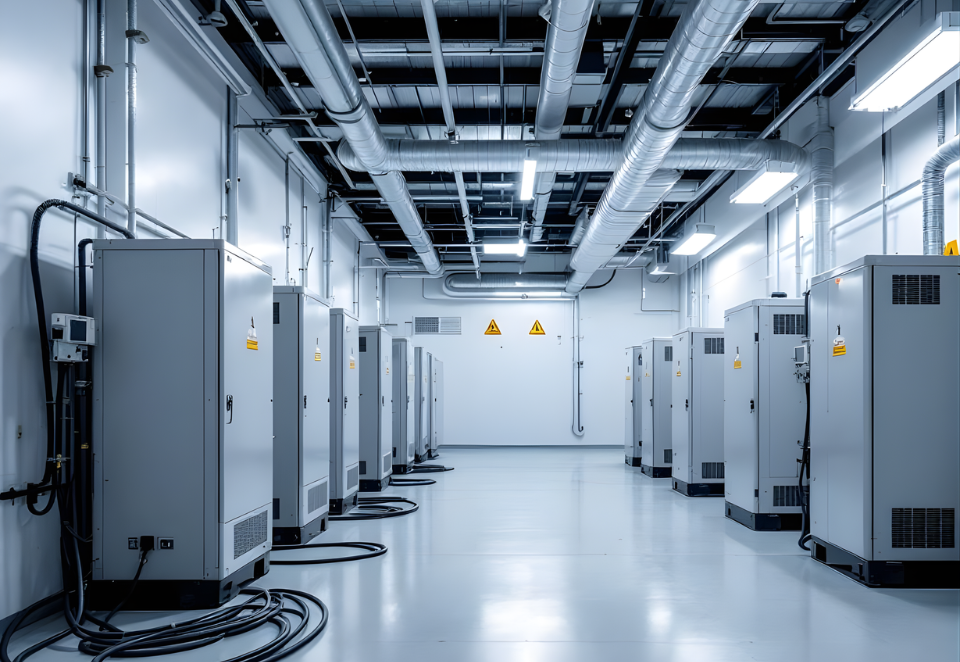
Frequently Asked Questions (FAQs)
1. How to save energy in an air compressor?
Energy efficiency starts with proper system design and smart operation. To save energy in an air compressor, ensure regular maintenance, check for air leaks, and use energy-efficient models like ELGi VFD (Variable Frequency Drive) compressors supplied by IAS Texas.
VFD compressors automatically adjust motor speed to match air demand, helping facilities
cut power costs by up to 30–40%. IAS Texas also provides
air audits and performance optimization to eliminate waste and lower your total operating costs.
2. How often should air compressor oil be changed?
Typically, air compressor oil should be changed every 2,000 to 4,000 operating hours, depending on the compressor model, environment, and duty cycle. At IAS Texas, our technicians follow manufacturer-recommended intervals for ELGi and BEKO systems, ensuring maximum compressor life, proper cooling, and reduced wear on internal components. We also offer scheduled oil analysis and preventive maintenance programs to catch issues early and avoid costly downtime.
3. What is the maintenance schedule for an air compressor?
A reliable air compressor maintenance schedule includes daily, monthly, and annual checks:
- Daily: Inspect oil levels and drain condensate.
- Monthly: Clean filters, check belt tension, and inspect hoses for leaks.
- Annually: Replace filters, test safety valves, and schedule a full diagnostic.
IAS Texas offers custom preventive maintenance plans tailored to your system and workload, helping you maintain peak performance, reduce energy waste, and extend equipment lifespan.
4. What are the energy savings measures in compressed air systems?
The best energy-saving measures include:
- Using VFD compressors to match output to demand
- Repairing leaks in the air distribution system
- Optimizing pressure settings to avoid excess power use
- Installing high-efficiency dryers and filters
- Scheduling regular system audits
With IAS Texas, you get access to DOE-backed best practices and advanced energy-efficient solutions that can reduce your compressor operating costs by up to 40% while improving reliability.
5. What is the average life expectancy of an air compressor?
A well-maintained
industrial air compressor typically lasts
10 to 15 years, depending on usage and maintenance quality.
IAS Texas helps extend the life of your system through routine service, oil monitoring, and parts replacement using genuine OEM components from ELGi, BEKO, and Republic. With IAS’s expert care, you can expect consistent performance and long-term efficiency from your investment.
